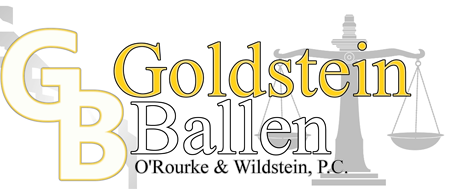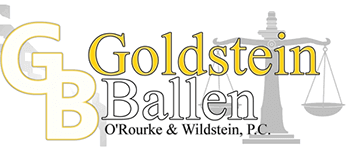Your job requires heavy lifting throughout the day. Sometimes you feel particularly sore at the end of the day, but you often power through. However, today was different. As you attempted to move an item, severe pain brought you to the floor. After a visit to the emergency room, you received the diagnosis: a herniated disc.
What is a herniated disc?
Herniated discs, also called ruptured spinal discs, occur when one of the discs along your vertebrae ruptures or slips out of place. Symptoms may include pain, weakness and numbness from the disc all the way down your body. Sometimes, rest is enough to heal a herniated disc on its own. More severe cases often require surgery.
Serious injuries can lead to serious complications
Serious herniated disc cases can lead to compression of the spinal cord, potentially leading to the loss of bladder and bowel control. Extreme cases may even result in paralysis. If you lose sensation in your legs or other parts of your body, it’s important to seek medical attention right away. You may need emergency surgery to relieve the pressure on your spinal column.
Workers’ compensation is there to help any worker who has suffered a back injury
Herniated discs and other back injuries can impact workers in virtually any line of work – especially jobs that require some degree of lifting. Construction workers, nurses and warehouse stockers may be especially prone to back injuries on the job, but this list is not exhaustive. If you suffer a back injury at work and are diagnosed with a herniated disc, the workers’ compensation system may be able to provide you with the benefits you need, including medical care and lost wages.

